Lewis Ellenhorn
Pitzer professor, musician, organizational psychologist
Lewis Jerome Ellenhorn, a Pitzer professor emeritus and organizational psychologist, died on April 12, 2015 at the age of 87.
He was a man of warmth and humor whose life was defined by music and his belief in the musicality of the human experience. This theme guided Lew’s incredibly creative life in i
He was born on May 11, 1927 in Chicago to Rifka and Jacob Ellenhorn, who immigrated to the United States from Riga, Latvia and Grodno, Poland, respectively. His parents owned a Jewish deli, which his mother managed. Music was central in the Ellenhorn household. Jacob, a choir leader and cantor in conservative and orthodox temples, sang opera with a repertory company. Maury, Lew’s older brother by 16 years, was a professional pianist, arranger and composer. It was therefore expected that Lew, too, would play an instrument. When he was 12 years old, his brother presented him with a clarinet and Lew fell in love. He would later joke that when given piano lessons his mother couldn’t get him to practice; when given the clarinet, she couldn’t get him to stop.
His father, whom he called Tata, died from a stroke when Lew was 16. It was a terrible blow, as he lost not only his father but his best friend. After graduating from Senn High School, Lew studied classical clarinet and worked in a bank while playing in jazz clubs with Jimmy Dale, among other musicians. He garnered positive press, landing on Down Beat Magazine’s list of the top 25 jazz clarinet players.
At 22, he auditioned for the Chicago Civic Symphony. After passing the audition, he began practicing with the symphony but then his older brother Maury, who was living in Los Angeles, suffered a heart attack. Lew and his mother flew west to help Maury recuperate and he never lived in Chicago again.
During the Korean War, Mr. Ellenhorn joined the 6th Army Band at the Presidio in San Francisco and was transferred to Anacostia, DC as an instructor at the Navy School of Music. At that time, he befriended the renowned jazz musician Eric Dolphy, with whom he played flute and bass clarinet duets. In 1954 he returned to Presidio where he met his future wife, Barbara. “That, more than any other experience, changed my view of myself,” Mr. Ellenhorn wrote in his memoirs. He and Barbara celebrated their 60th wedding anniversary on April 2, 2015.
In 1955, the couple moved into a one-room apartment in Hollywood. Playing clarinet, alto and tenor sax, flute and oboe, Mr. Ellenhorn worked as a studio musician, including a stint with UPA Cartoons where he played on the soundtrack for “Mr. Magoo.” He also played the clarinet part for the “Rocky & Bullwinkle” cartoon, was in the orchestra for a Harry Belafonte Christmas album, recorded with Sammy Davis Jr. and toured with Jerry Lewis, among other notable gigs. In one of the most memorable moments of his musical career, Lew played in the orchestra for the movie “Some Like It Hot,” backing Marylyn Monroe as she lilted, “I Wanna Be Loved By You.”
While Lew began to make it as a studio musician, he felt something was missing from his life. One day, when leaving his house for a gig, he said to Barbara, “I’m going to work.” But then he thought, “You don’t ‘work’ a saxophone, you play it.” Once he realized that play had become work, he made the decision to change vocational routes. Throughout his life, Mr. Ellenhorn focused on this theme, the places where life can be seriously playful and even musical. “Life without music would be sterile and incomplete,” he expressed. He later elaborated on this thought:
“I do not mean solely music as a defined art or performance. I am referring to the music, which is constantly there as we interact with one another and as we pursue our tasks. There is between us at all times an experiencing one another across musical directions. We have a song for everyone we meet, one that may be characteristically ours but with variations for almost every interaction which takes place.”
While Mr. Ellenhorn started to move away from working as a professional musician, music continued to define his life as he created ways to apply these themes in facilitating the growth of individuals and organizations. In 1957, Lew enrolled at UCLA as a sophomore—intending to study oboe but surprising himself by declaring psychology as his major—and, while starting a family with Barbara, received a PhD in 1964 from UCLA in social psychology.
He took a job as assistant professor in residence there, embarking on a long academic career. Lew’s last engagement as a professional musician was in April 1964 with the Los Angeles Philharmonic. “I was realizing that the music profession was too erratic, studio contracts were history and the competition was enormous in numbers and ability,” he wrote.
In 1966, Mr. Ellenhorn joined the faculty at Pitzer College as one of the earliest faculty members, and the family moved from Studio City to Claremont. “He was a wonderful teacher. He was really good at getting students to take risks, to do things that they hadn’t imagined they could do,” Pitzer sociology professor Al Schwartz said. “He made students feel safe enough to share their concerns, hopes and dreams.”
Lew firmly believed in learning by doing and each year his organizational psychology students would create a madcap “happening,” designed to demonstrate group dynamics and organizational behavior in an experiential format. One year, for instance, he and his students transformed the halls of the dormitories into, by turns, a subway station, a jungle complete with Tarzan swinging from the vines and a Christmas area laden with presents, with Lew dressed as a sax-playing Santa.
He was instrumental in founding Pitzer’s Organizational Studies Field Group and was an early supporter of Pitzer’s New Resources Program, continuing to work with New Resources students as an emeritus professor. Many throughout the community remember Lew generously sharing his musical talent by performing for colleagues and students at college events and Pitzer graduation ceremonies.
Beginning in 1967, Mr. Ellenhorn worked for the Peace Corps as an assessment and selection officer. During his tenure with the Corps, he travelled to Mexico, El Salvador and Chile, living for short periods with his family in Washington state and Puerto Rico language training camps. In 1972 he became a full professor at Pitzer College as well as a staff member with UCLA’s Leadership Lab, an annual five-day executive retreat in Ojai. While there, he experimented with and developed the use of jazz as a mode for describing group development.
In 1979, Lew took his involvement in organizational psychology from the theoretical to the practical when he began consulting for various companies. His chief client was Avery Dennison, with whom he worked for nearly 30 years. In this capacity, he enlarged the jazz metaphor from groups to organizations, which he considered one of his most creative undertakings. “Jazz is a genre of music which is created in the moment, requires some risk-taking and intuitiveness and is highly influenced by the interactive dynamics of the group, as well as the group’s relationship to the listeners,” he noted in 1992 in CMC’s Fortnightly magazine. Over the years, Mr. Ellenhorn travelled throughout the United States, Europe and Hong Kong, hiring local musicians to form his jazz combo, and presenting jazz as a metaphor for organizational life in a highly successful performance/demonstration.
After retiring from teaching in 1992, Mr. Ellenhorn continued his consulting work all the way until the final day of his life, when he expressed his desire to complete an unfinished report while in the hospital. He loved the theater, movies, books and the Los Angeles Philharmonic and pored through the New Yorker every week. He was a devoted father, and the years spent raising a family were rich, colorful and full. Lew also spent many enjoyable hours biking, hiking in the Sierras and taking road trips with his beloved Barbara. Over the years, they traveled throughout Europe, Africa and Asia. In addition, he found enormous pleasure in the company of his grandchildren, taking them out to Some Crust and his favorite “habitat,” the Village Grille.
Music remained Lew’s touchstone. He also enjoyed playing with his son Ted, a jazz guitarist and, right up to the end, he got together every Tuesday to jam with local musicians Harrison Stephens, Dion Sorrell and Mike Fay. For some 25 years, he performed each summer at the Rancho Santa Ana Botanic Garden as part of the Lew Ellenhorn Jazz Combo.
On April 25th, the family held a memorial service for Lew at the Garden. Friends and relatives remembered him as a man of impeccable humor, always making people laugh with his jokes and puns, and as a man of considerable and charismatic warmth. He was a “go-to” man for people in trouble, a fierce competitor, a brilliant social psychologist, a lover of playfulness and play and, of course, a remarkable musician.
Lew was predeceased by his brother Maury and sisters, Rae and Sarah. He is survived by his wife of 60 years, Barbara, and by his children: Theodore and fiancée Kristine Mamchur of Amherst, Massachusetts; Ross and wife Rebecca Wolfe of Arlington, Massachusetts, and Maureen and her husband Christopher Ro of Berkeley.
He also leaves his grandsons, Zael and Django, and their mother Patricia Everett; grandson Max and Rebecca’s children Daniel and Kelsey and grandsons Jasper and Stellan as well as nieces and nephews Deborah Adler, Kent Harber, Julie Ellenhorn, Sherrie Zhan and Jack Taub.
In honor of Lew’s memory, the family asks that donations be made to the Southern Poverty Law Center by visiting www.splcenter.org.



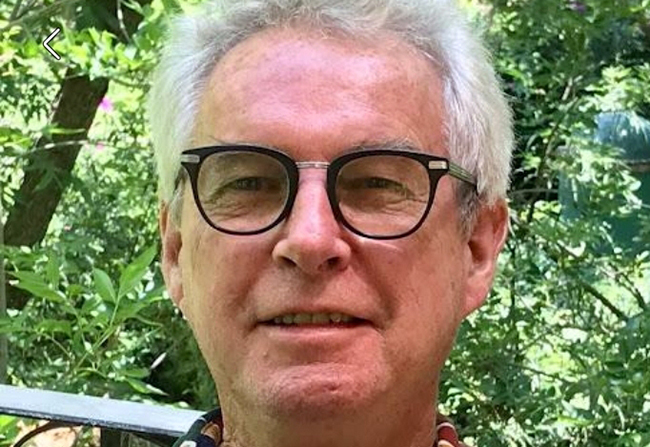

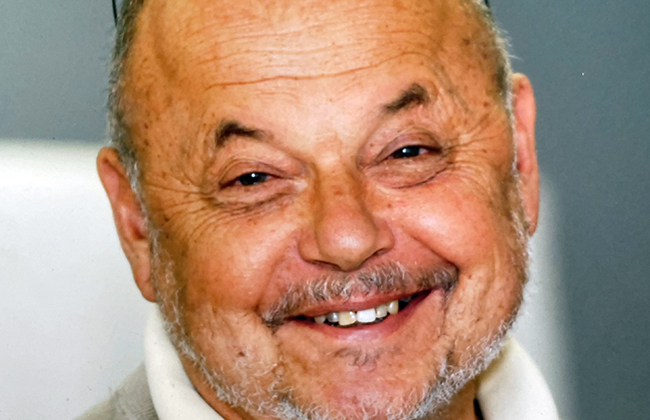
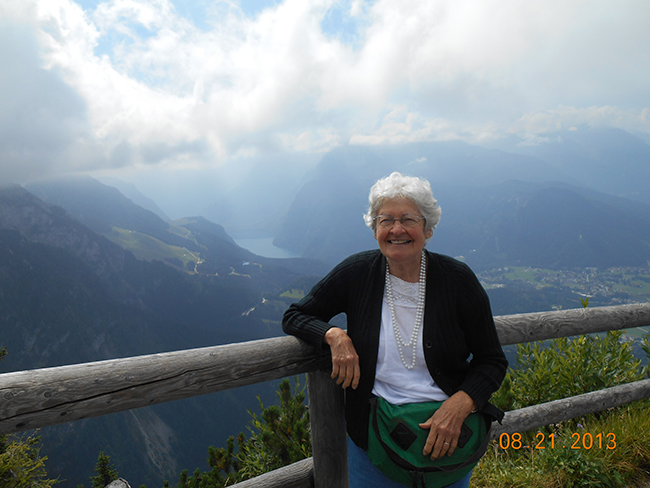
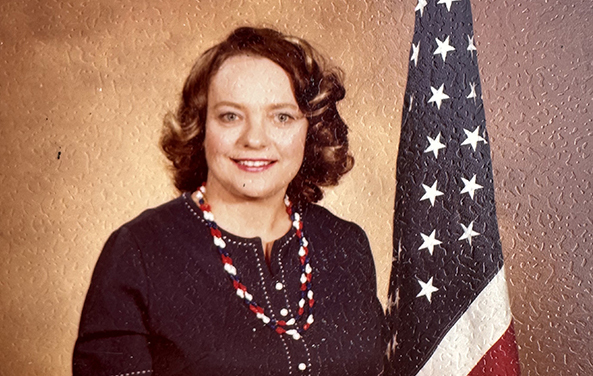
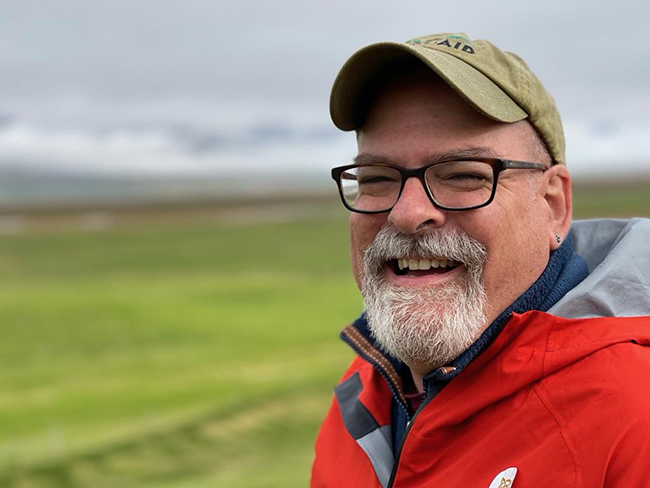

0 Comments